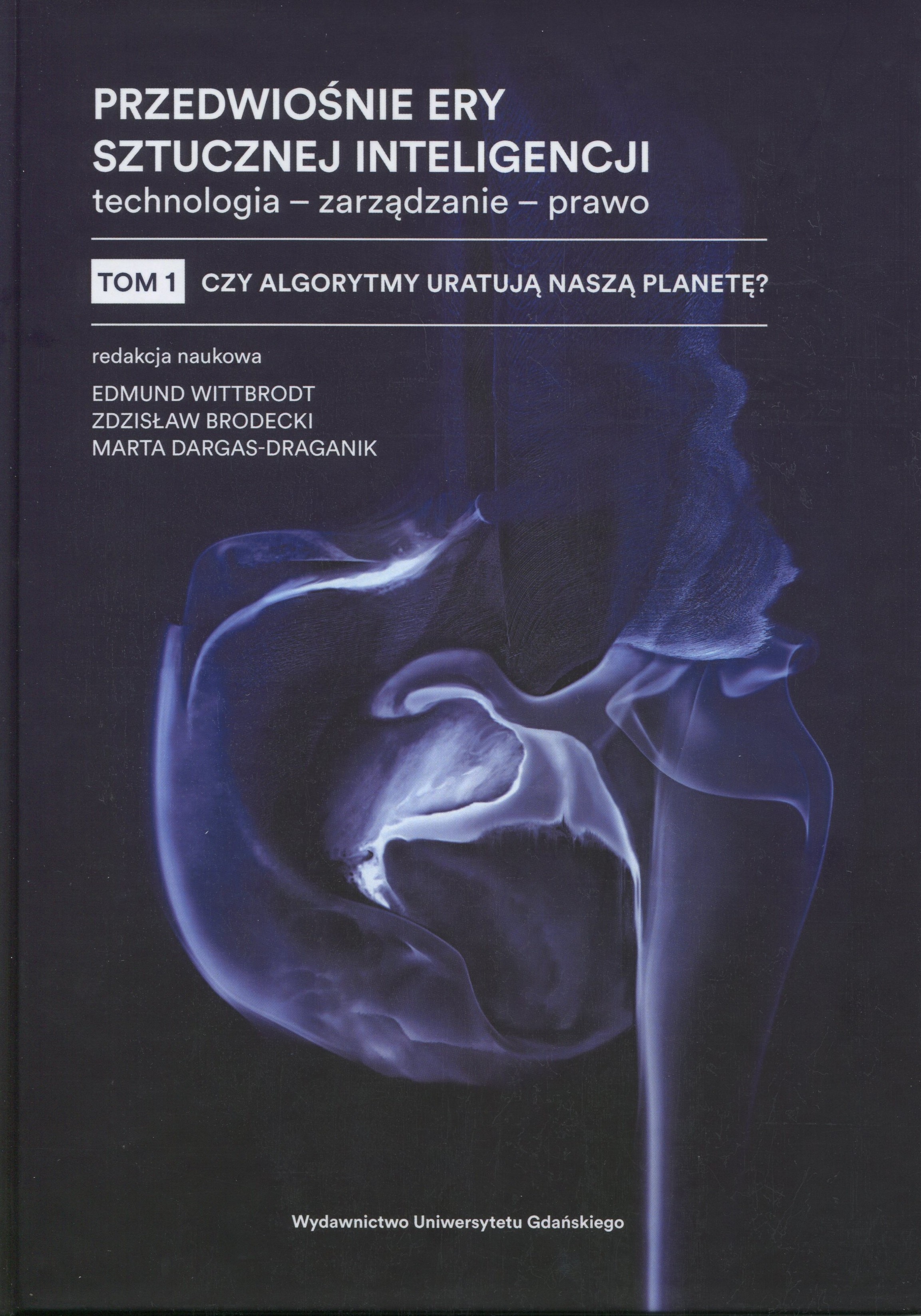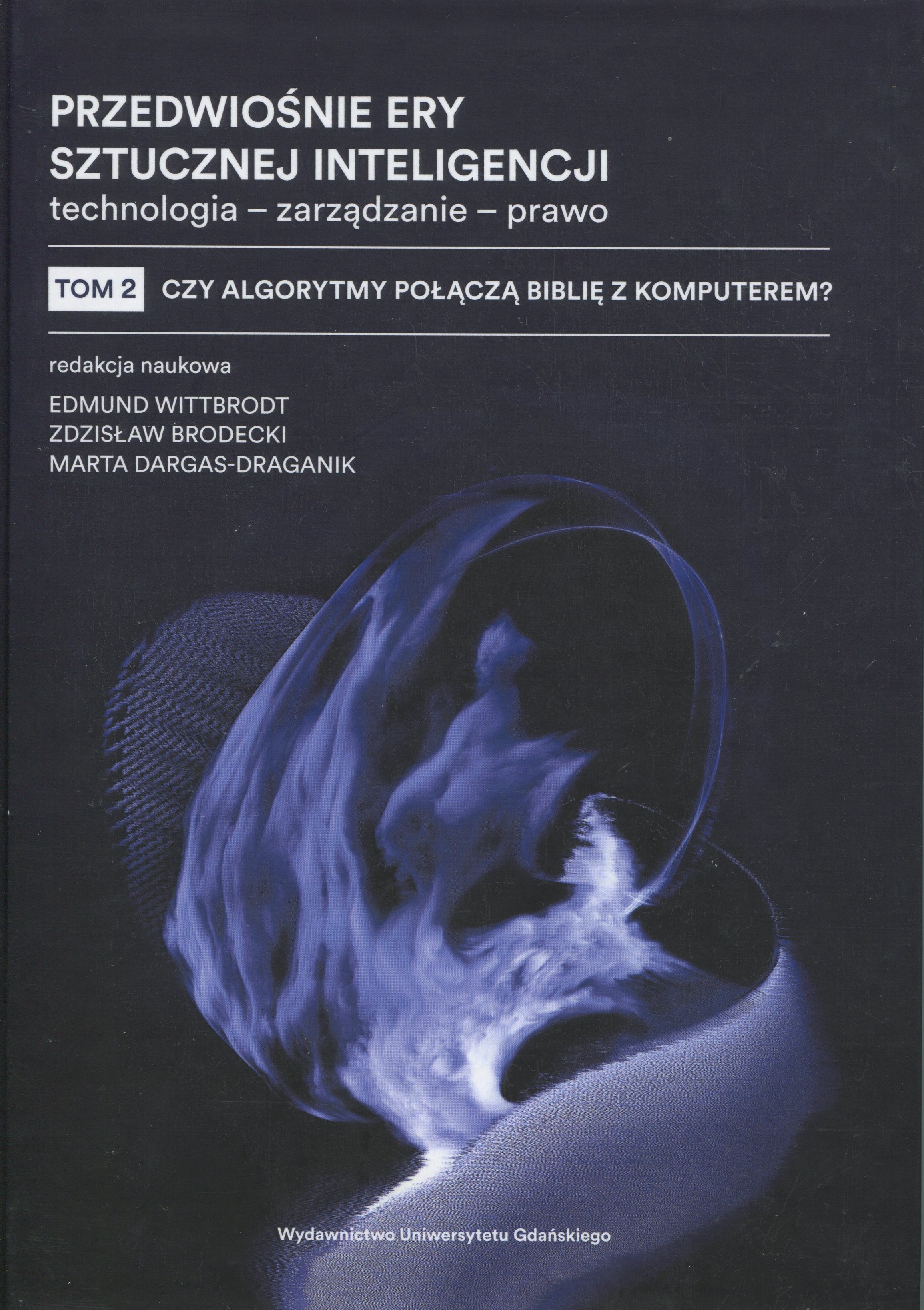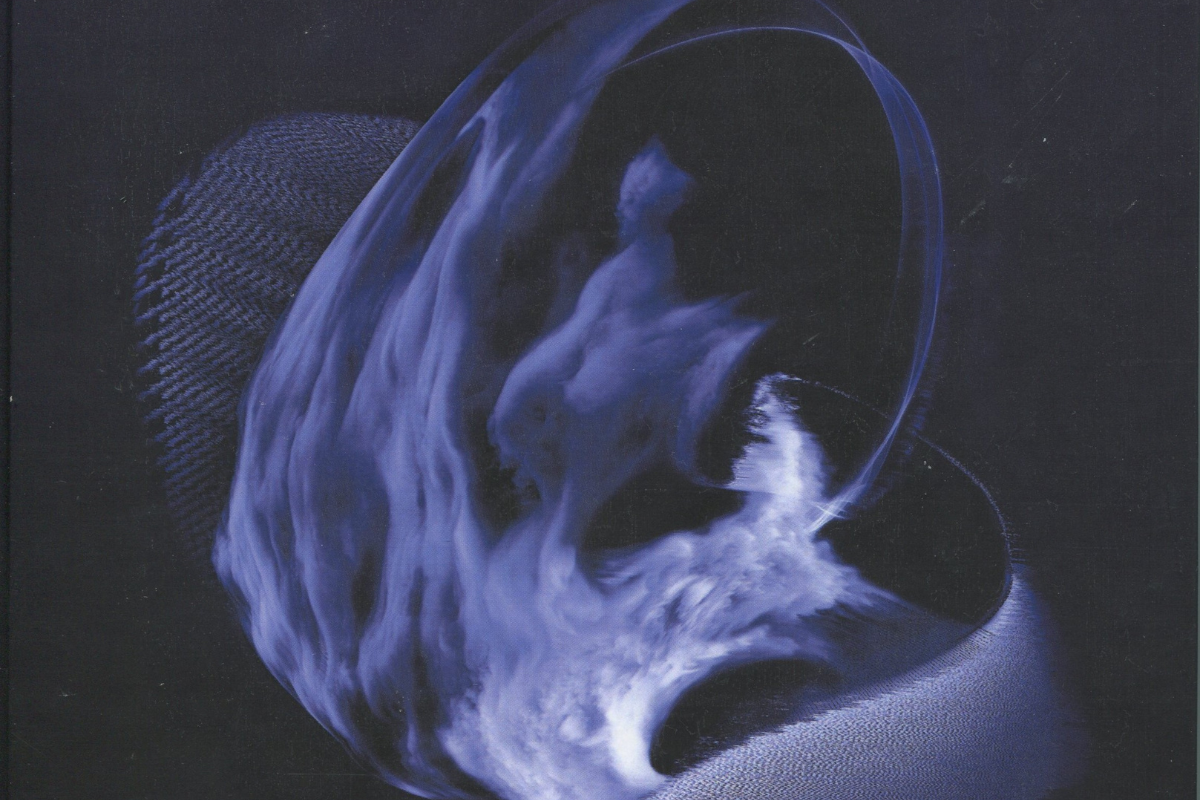First book published under the FarU initiative
The first book has been published under the umbrella of Fahrenheit Universities (FarU). The two-volume publication is titled: “Przedwiośnie ery sztucznej inteligencji. Technologia-zarządzanie-prawo”. This interdisciplinary work was released by the Wydawnictwo Uniwersytetu Gdańskiego.
The publication has two volumes: “Czy algorytmy uratują naszą planetę?” and “Czy algorytmy połączą Biblię z komputerem?”, and its scientific editors are: Prof. Edmund Wittbrodt (Gdańsk Tech), Prof. Zdzisław Brodecki (UG) i Marta Dargas-Draganik, Ph.D. (OIRP – the Gdańsk Bar Association of Attorneys-at Law). Renowned scholars from various disciplines were invited to contribute, including the following professors: Grzegorz Węgrzyn (University of Gdańsk), Jacek Rumiński (GUT), Maciej Nyka (UG), Mirosława Ostrowska (the Institute of Oceanology, Polish Academy of Sciences), and a guest contributor, Ryszard Tadeusiewicz (AGH University of Science and Technology).
The first part of the book’s title (Przedwiośnie ery sztucznej inteligencji) suggests that we are on the brink of profound civilisational and cultural changes, and the second (Technologia, zarządzanie i prawo) highlights the essential role of interdisciplinary research. The quality of life is a fundamental concern of the humankind. The challenges discussed are deeply interconnected and span areas such as health, the environment, energy, climate, medicine, genetics, education, engineering, ethics, philosophy, and social relationships. The search for a shared foundation across numerous scientific disciplines, many of which exist on the fringes of philosophy, has fostered a unification of the natural sciences and the social sciences into a cohesive whole. This shared foundation also broadens the potential applications of artificial intelligence. The way we perceive reality increasingly aligns with how contemporary science and art construct the image of our environment. Just as the invention of the camera once inspired a revolution in art, the emergence of artificial intelligence is now shifting the focus of scientific research from vertical thinking toward a more integrative and multidimensional approach.

We are increasingly reaching into people's dreams and imaginations, supporting creativity and medical advances, and creating reality. Examples include applications in cases involving legal regulations concerning the use of outer space, its management and peaceful use, the destruction of space debris, security, use in oceanography and oceanology, achieving limits and threats, and even intercontinental travel. One response is the introduction of an inter-university master's program in "Satelite Technologies." It combines issues of engineering, navigation, and safety, as well as law, management, oceanography, and oceanology. Today, there is even talk of the need for research that is not only interdisciplinary but also transdisciplinary and even supradisciplinary.
Press release of the prof. E. Wittbrodt (Gdańsk Tech)


